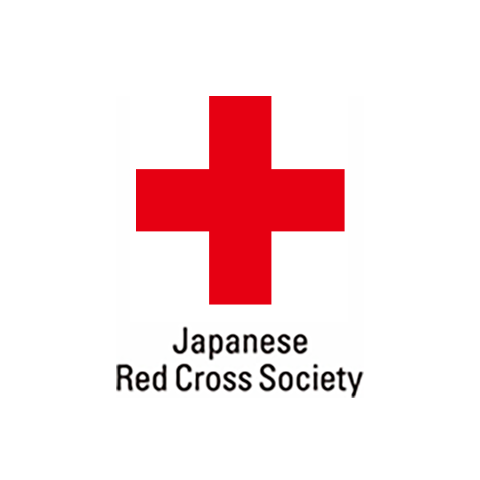The Japanese Red Cross Society members are active worldwide at the forefront of humanitarian aid activity, protecting people's lives, health and dignity

There are many people in the world who have faced many kinds of serious troubles such as armed conflicts, natural disasters, the spread of infectious diseases, food crises from drought and so on. The lives and health of these people are threatened by various difficulties which result from these problems. They need support and assistance and have high hopes of the Red Cross Society's humanitarian aid activity. The Japanese Red Cross Society, which has many capable members in the field of medical services and health care, is also expected to take an active role in the activity. At present the Japanese Red Cross Society has sent a total of 25 members to 10 countries and to the office of the International Federation of Red Cross and Red Crescent Society (IFRC) for the purpose of participating in the international relief operations and the development assistance programmes. The members are working actively to help the victims of conflicts and the victims of disasters in each place. They help those people rebuild their lives and communities or carry out medical treatment and help them maintain good health with health service support systems.
1689 members were sent over the past 56 years
The Japanese Red Cross Society has assigned 1689 members (as of April 2016) to international aid activity after the World War II. The first dispatch was to the Republic of the Congo in 1960, when the Congo became independent from Belgium and their medical system broke down because Belgian doctors had gone back to their own country. The International Committee of the Red Cross (ICRC) requested the National Red Cross to send medical personnel. The Japanese Red Cross Society sent four medical members (including 2 doctors) in August of that year. They played prominent role in medical treatment for three months during the country's strife torn time.
A mobile clinic through Southeast Asian countries was started in 1961. A medical team consisting of doctors and nurses made the rounds in Southeast developing countries where people had little medical services at that time. The activity lasted up to 1965. In 1974 the first disaster relief delegate was dispatched to Bangladesh to support the cyclone victims.
"Safety first" in all the activities
Currently, (as of May 2016) 399 of the Japanese Red Cross Society personnel are registered as members of the international relief development groups. 60 percent of them are medical personnel (doctors, nurses, pharmacists, etc.) and forty percent are administrative staff. In order to register, it is necessary for them to go through training course of crisis management and attend other lectures and training sessions offered jointly by the Japanese Red Cross Society and two International Red Cross institutions (ICRC and IFRC). They are trained to improve their skills in their own special fields.
Ensuring the safety of these people when dispatching them to dangerous places is of the utmost importance. They must be protected from becoming involved in not only traffic accidents or crimes but also riots and armed attacks. A careful defense against these kinds of dangers must be given precedence to all else. The Japanese Red Cross Society members' professionalism, superior skills and good teamwork enjoy a high reputation by the people in each of the places they assigned. The two International Red Cross institutions (ICRC and IFRC) request the Japanese Red Cross Society to increase the number of field personnel who are qualified for works in various fields.
Newsletter, June 2016 by JRCS




